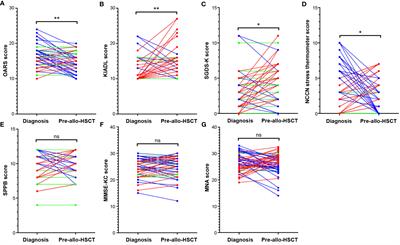CASE REPORT
Published on 21 May 2024
Spinal myeloid sarcoma presenting as initial symptom in acute promyelocytic leukemia with a rare cryptic PLZF::RARα fusion gene: a case report and literature review
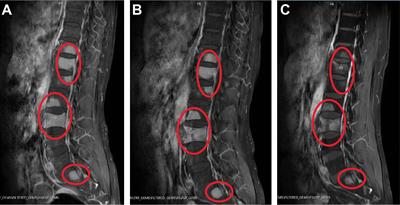
doi 10.3389/fonc.2024.1375737
- 811 views
3,928
Total downloads
12k
Total views and downloads
CASE REPORT
Published on 21 May 2024

ORIGINAL RESEARCH
Published on 30 Nov 2023
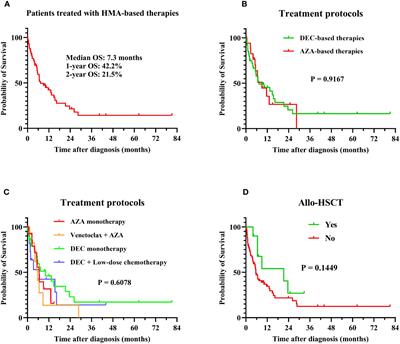
ORIGINAL RESEARCH
Published on 30 Nov 2023
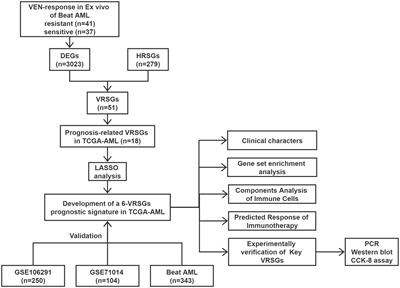
ORIGINAL RESEARCH
Published on 23 Nov 2023
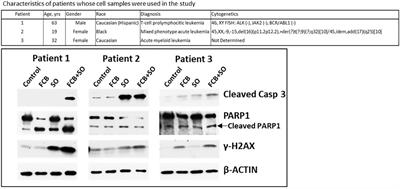
MINI REVIEW
Published on 17 Nov 2023
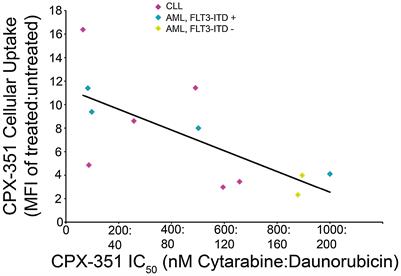
ORIGINAL RESEARCH
Published on 07 Nov 2023
